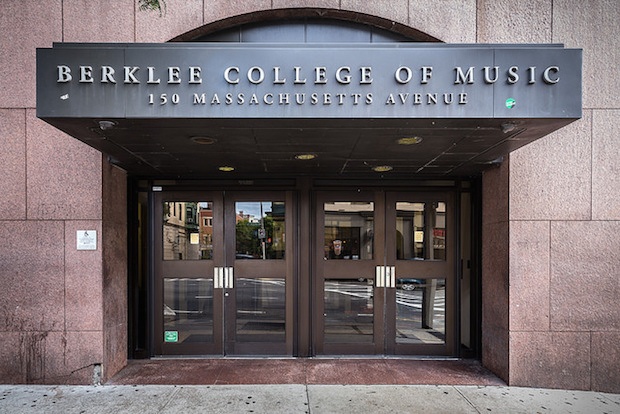 Image by Mattia Panciroli via Flickr / CC BY 2.0
Image by Mattia Panciroli via Flickr / CC BY 2.0
The issues with music licensing in the digital era of music are frustrating and certainly abundant, but there may be a solution in the works.
Recently, the Berklee Institute for Creative Entrepreneurship (BerkleeICE) teamed up with the MIT Media Lab with the goal of creating a shared and open database of ownership rights. The partnership is appropriately titled the Open Music Initiative (OMI) and involves other major names like Spotify, Pandora, YouTube, Netflix, SoundCloud, NPR/WBUR, Sony, Universal, Warner, and more. This new initiative may have the power to help solve major transparency, distribution, and payment issues that occur within the music industry.
Streaming, YouTube, and podcasts – oh my!
The ways in which we consume music and music products in the digital era makes it difficult for both companies and artists to track transactions. For today's musicians, income streams are spread so thin between streaming platforms and other websites that payment lines become blurred; there's no simple way to know if your payments are accurate.
Goals in mind
Panos Panay, founding managing director of BerkleeICE and OMI cofounder, explains that the music industry is the only industry in which those involved don't really know who to pay. Panay finds this norm to be unacceptable and says previous rights identification methods for artists need to come into the 21st century. So the goal of the OMI is to create an infrastructure that will simplify the ways in which creators and rights owners will be compensated.
The Open Music Initiative's mission revolves around several different factors, like education and technology, but all factors are implemented to coordinate industry party members around an inclusive stakeholder framework.
While there's still much to be done in the way of details, the Open Music Initiative seems like a big step in the right direction toward total industry transparency and simplified artist compensation. The internet has allowed for incredible innovation, especially for music, but now is the time in which the industry needs to use these tools to create and innovate a unified and clear system that allows for all parties involved to be on the same page and receive what is earned.
Rachel Bresnahan is an editorial intern at Sonicbids.


